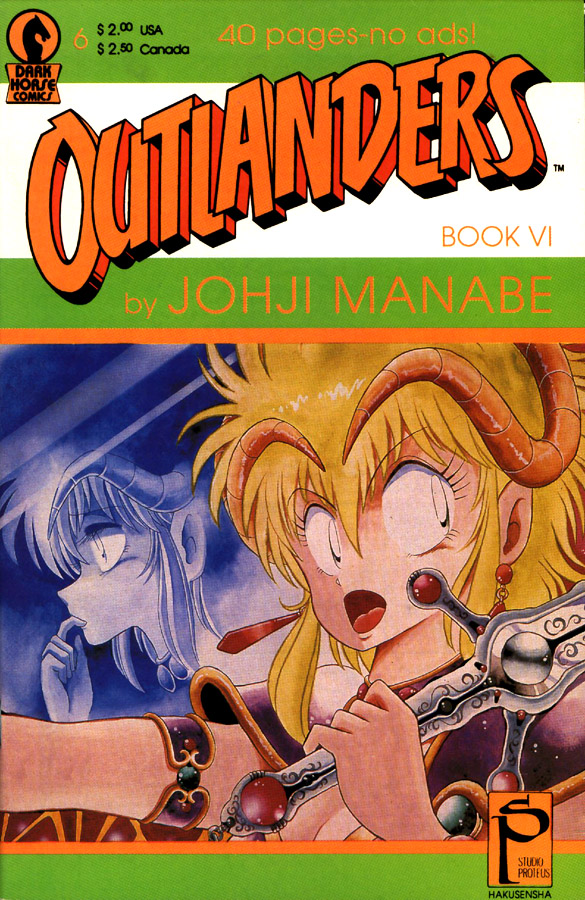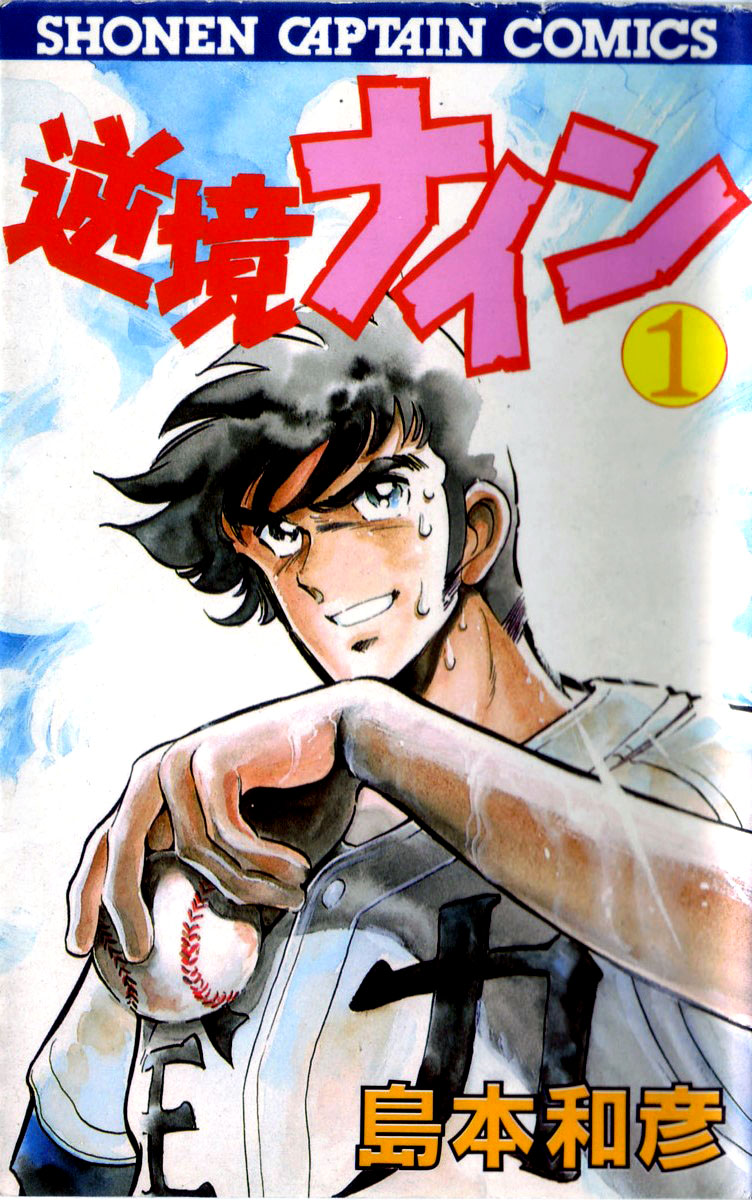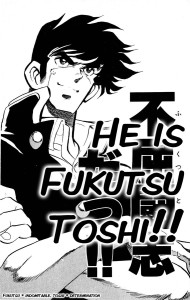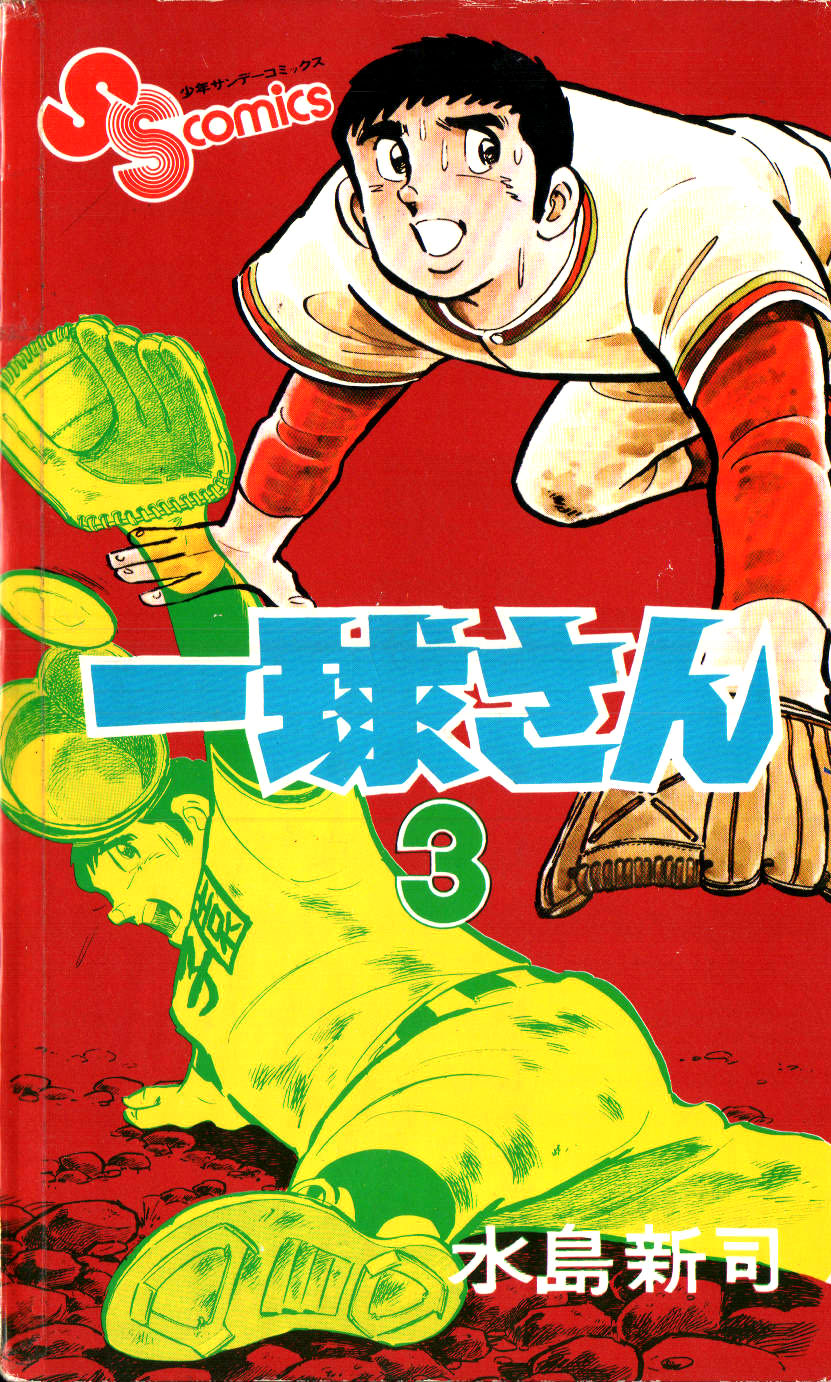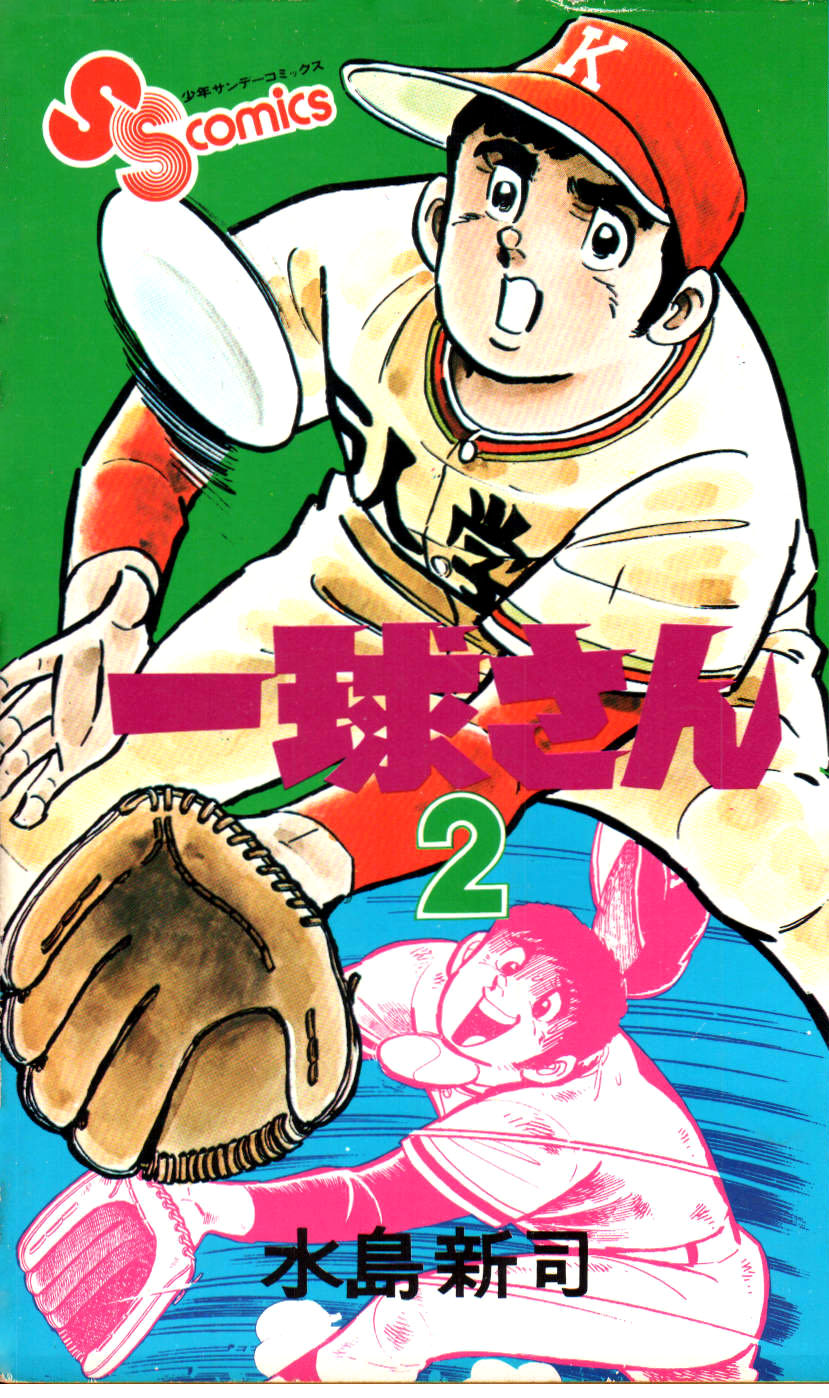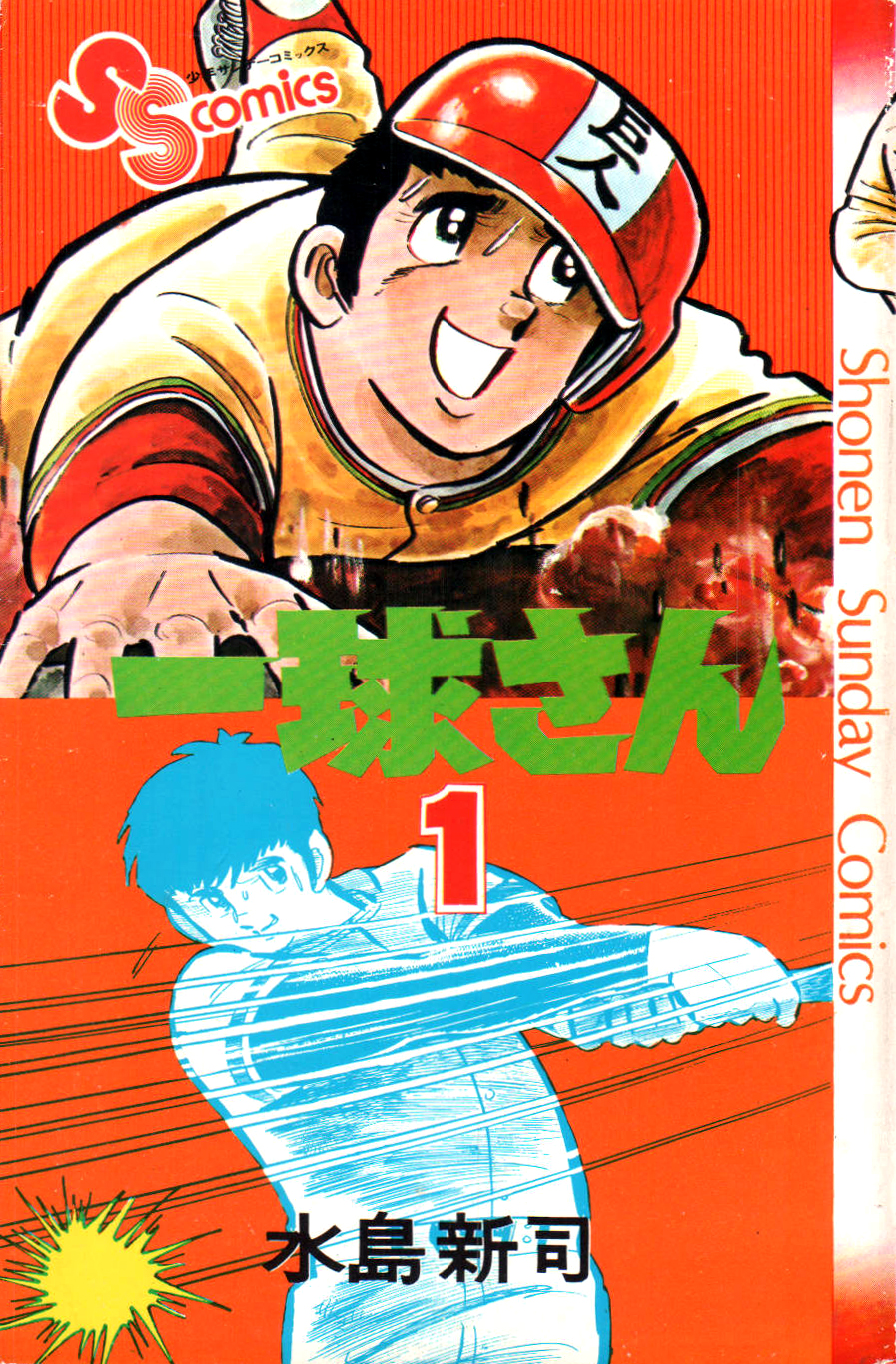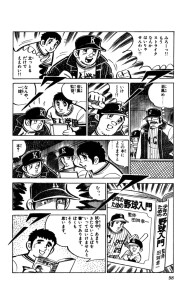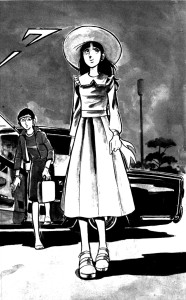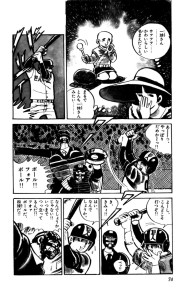All right! Volume 2 of our not-all-that-romantic space opera! If you need a quick summary of Outlanders story, I provided one a few days ago when I talked about volume 1 a few days ago. It’s the story of the unlikely rivalry->friendship->romance between an Earthling photographer and a scantily-clad alien invader princess. I’d like to add “hilarity ensues” but the body count is a little too high for that.
And it only gets higher as the alien forces launch an all-out assault on Earth. Europe in particular suffers catastrophic damage. But the day is saved thanks to Tetsuya’s boss Aki, who has uncovered the mystery behind the secrets of the world. Said mystery turns out to be magic. Witch magic, to precise. And Aki herself is the reincarnation of the witch Jilehr and she’s now helping Great Leader Neo repel the invaders and get revenge on the aliens for persecuting witches all those years ago.
I must say, that kind of shadow government isn’t really what I was expecting. I’m not quite sure what exactly what I was hoping for, but Witches! Magic! Reincarnation! wasn’t quite it. I guess I wanted the human race to fight back using its wits and resilience and maybe a super-weapon born from said wits and resilience. Magic is just a little too easy, you know? I dunno, I’ve kind of lost interest in that side of things now.
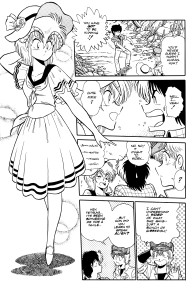 Meanwhile Tetsuya and Kahm continue their uneasy relationship, beginning with Tetsuya held captive on Kahm’s ship and ending with the two of them on the run in Germany after their ship is shot down. Along the way they meet a German girl named Raisa who is eager to turn Kahm into swiss cheese for killing her family, but is eventually persuaded by Tetsuya’s charming good looks to help them instead. It never fails – when it come to manga, no matter what kind of far flung location a Japanese man finds himself, the locals are quick to overcome any initial reluctance and then fall all over themselves to help. Manga is pure wish fulfillment. But you knew that already.
Meanwhile Tetsuya and Kahm continue their uneasy relationship, beginning with Tetsuya held captive on Kahm’s ship and ending with the two of them on the run in Germany after their ship is shot down. Along the way they meet a German girl named Raisa who is eager to turn Kahm into swiss cheese for killing her family, but is eventually persuaded by Tetsuya’s charming good looks to help them instead. It never fails – when it come to manga, no matter what kind of far flung location a Japanese man finds himself, the locals are quick to overcome any initial reluctance and then fall all over themselves to help. Manga is pure wish fulfillment. But you knew that already.
Anyway, by the end of volume 2 we’ve found out what exactly the problem is – the aliens lived on earth for a while, they left, the humans (who may or may not have been there all along) took over, and now the aliens want their property back. But the humans have squatters’ rights, basically, so they’re not letting go without a fight. Princess Kahm has proposed that Tetsuya marry her so the two races can live in peace. Tetsuya isn’t entirely adverse to the idea, but just then a few of Kahm’s lackey run into trouble and need to be saved. And that’s it for volume 2!
Outlanders is 8 volumes long in Japan and about the same in English, so we’re long way away from the ending. I have a feeling the number of casualties are going to be huge by the time the series is finally over. Tetsuya will probably end up saving the day somehow or the other (I told you, wish fulfillment, the day must be saved by the Japanese) and then we’ll see whether he gets the girl or not. I’m not in a rush to finish Outlanders, but maybe I should clear it off my plate quickly so I can watch Dungeon de Deai wo Motomeru. We’ll see.
